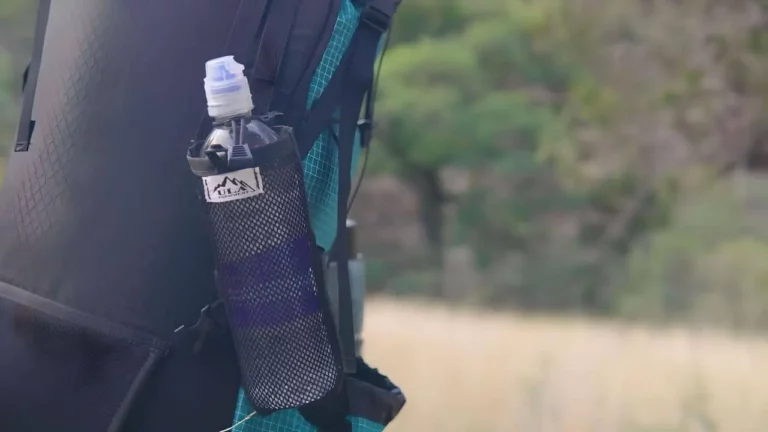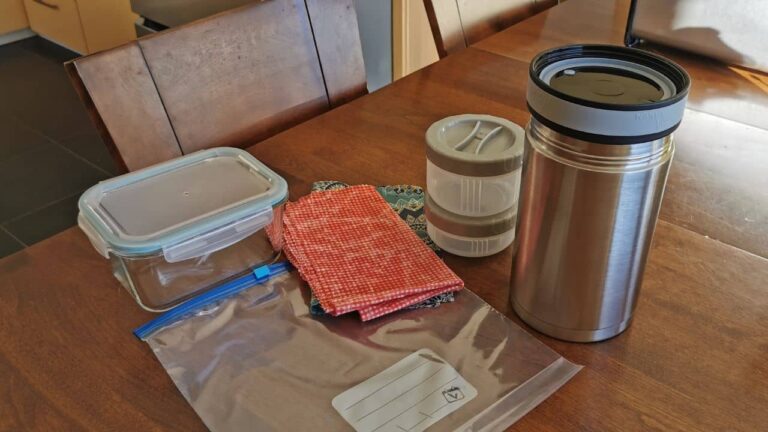6 Surprising Reasons Why Tote Bags Aren’t as Sustainable as You Think
The world is trying to move away from single-use plastic bags, as governments and private companies have suggested many approaches.
Among these approaches was the use of tote bags. These reusable bags became available as a viable alternative in hopes to replace the disposable, unsustainable counterpart.
Although the use of tote bags looks excellent in principle, I’ve done a lot of research and concluded that they aren’t as sustainable as I used to think!
In today’s article, I’ll share with you 6 of the reasons why tote bags may not be the greener option to go, after all. Let’s dive right in!
1. They Require Resources to Produce
Let’s start with one of the main reasons why tote bags aren’t truly sustainable. If you want to describe a product as sustainable, it has to be easily produced without using up tons of resources.
However, this doesn’t apply in the situation of tote bags, and many studies and researches prove just that.
The lifecycle of tote bag production uses a lot of resources, making the whole approach counterintuitive.
For starters, growing cotton requires a lot of water. According to the World Wildlife Fund (WWF), producing a single pound of cotton needs around 2,400 gallons of water!
As a water-intensive crop, cotton is actually responsible for drying many rivers and streams over the years, which is considered permanent damage!
In addition to water, producing textile cotton requires a lot of energy and leaves a significant carbon footprint.
A 2009 research reveals that producing one kilogram of cotton (2.2 lbs) uses up to 4.99 megajoules.
Besides water and energy, the production of cotton needs a lot of fertilizers, minerals, and pesticides. All of these resources end up leaving a huge carbon footprint as well.
2. They May Not Be Ethically Produced
According to the U.S. Department of Agriculture, China and India are the two largest producers of cotton around the world. In fact, the two contribute around 45% to 50% of global production.

Similar to cotton, tote bags are also produced in various spots around the world. To keep the costs of these bags low, the bags are often produced under unethical conditions.
These unethical conditions can take a lot of forms, such as child labor, exploitation of workers, and more. This has a huge negative impact on both the people and the environment.
Another form of unethical production lies in waste management and environmental pollution. For example, all the fertilizers and pesticides used in cotton production contaminate waterways and damage the soil.
3. They May Not Be Durable
One of the main reasons why people call tote bags sustainable is that we can use them a lot of times.
In other words, using the same bag for a long time should balance the environmental effect of its resource-intensive production.
In fact, a popular 2018 study by the Ministry of Environment and Food of Denmark shows that we need to use tote bags 20,000 times (more than 50 years) to offset their production impact.
Despite that, you should know that not all tote bags are created equal. Some bags are made from cheaper, poor-quality materials that are far less durable and won’t last long.
These flimsy tote bags may only last for a couple of years at best before they’re all frayed and need to be replaced.
Since you end up replacing them frequently, they won’t be sustainable in the long run!
4. They May Be Overproduced
This reason is often overlooked but it ends up contributing significantly to the sustainability problem of tote bags.
Since a lot of governments and businesses are trying to encourage customers to use tote bags instead of disposable plastic ones, they’re widely available and found everywhere nowadays.
In fact, some tote bags are even given away with products as promotional items and gifts. This can harm the environment in several ways.
First, more production means more demand. This leads to a remarkable excess of production of the bags, wasting more resources and harming the environment.
Additionally, the abundance of tote bags encourages us to see them as disposables, which defeats the purpose of using them in the first place.
5. They May Not Be Properly Disposed of
The sustainability of tote bags depends on various aspects. In addition to using them several times, you also need to dispose of them properly.
Unfortunately, since we use many tote bags at a time, we also throw away many of them way too soon.
Finally, rather than being properly recycled or disposed of, the tote bags end up in landfills as litter.
Not only does this make tote bags counterintuitive, but it also has a major environmental impact.
For instance, similar to plastic bags, many small animals can get stuck inside the bags, which ends up starving them to death.
6. They May Not Be the Most Efficient Use of Resources
In addition to sustainability, tote bags are often praised for their efficiency. The argument here is that, despite using more resources to produce, tote bags last longer and can be used many times.
In other words, they become more sustainable as we use them more often. But exactly how many times do we need to use these bags?
The exact number of times varies according to sources. So let’s take a quick look at the examples:
- The Danish EPA report found that we need to use a single tote bag more than 149 times to offset climate impact, which is much more than the 6 times of plastic disposable bags.
- The UK Environmental Agency report shows that tote bags need to be used 131 times to offset the climate impact, compared to 11 times for plastic bags.
Wrap Up
There you have it! A brief guide that walks you through all the 6 reasons why tote bags aren’t as sustainable as you might think!
Not yet convinced? Here is an interesting video from Good Morning America:
As you can see, tote bags can be green in principle. However, if you really want to keep them sustainable, you should use them as many times as possible.
Don’t forget to share your opinion with me about tote bag sustainability in the comments below!
Sources
- World Wildlife Fund: Production and processing of cotton.
- Energy usage and benefit-cost analysis of cotton production in Turkey
- U.S. Department of Agriculture: Cotton Sector at a Glance.
- Life Cycle Assessment of grocery carrier bags.
- Life cycle assessment of supermarket carrier bags.







